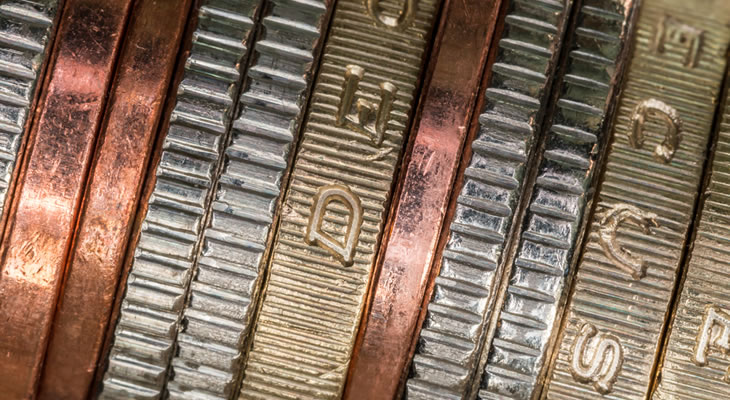GBP/AUD Exchange Rate Forecast to Experience Volatility on Renewed Fears of Global Trade War, but will Pound Sterling or Australian Dollar be the Hardest-Hit?
Fears that the US could spark a global trade war have returned today to push the GBP/AUD exchange rate marginally higher, although in the long-term the UK could have just as much to fear from trade disputes as Australia does.
Markets are concerned that more tariffs are on the way from the US administration following some tough rhetoric from Larry Kudlow, Donald Trump’s new economic adviser, who was appointed to replace free-trade advocate Gary Cohn following his resignation last week.
Speaking to CNBC, Kudlow stated that he was ‘somebody who doesn’t like tariffs’, but;
‘I think China has earned a tough response not only from the United States…’
‘A thought that I have is the United States could lead a coalition of large trading partners and allies against China, or to let China know that they’re breaking the rules left and right.’
‘That’s the way I’d like to see. You call it a sort of a trade coalition of the willing.’
This is fuelling further fears that the US administration is planning to levy additional tariffs on Chinese goods such as telecommunications and technology products.
UK Post-Brexit Trade Outlook Forecast to Weigh on GBP/AUD Exchange Rate if US Ramps up Protectionist Agenda
Increasing UK-US trade relations is seen as an important pillar of the UK’s post-Brexit strategy, so steps from the US to a more inwardly-focussed economy could weigh on the GBP/AUD exchange rate over the coming weeks, despite the impact such an attitude will also have upon the Australian Dollar.
President Donald Trump has previously signalled his support for Brexit and claimed that the UK and the US would be able to quickly agree a strong free-trade deal once the UK has left the European Union.
However, markets are struggling to see how this reconciles with an administration that has already placed tariffs of 25% on imports of steel and 10% on imports of aluminium, with more duties potentially in the pipeline.
Fears have eased slightly since it became apparent that the United States would consider exemptions for its metal tariffs, while new economic advisor Larry Kudlow has also expressed his dislike of universal levies, telling CNBC;
‘I don’t like blanket tariffs and I don’t think you should punish your friends to try and punish your enemies in international affairs.’
If Donald Trump’s attempts to further implement his ‘America first’ agenda simply amount to the current tariffs and a war of words with China, the GBP/AUD exchange rate may be able to largely avoid depreciation on fears that the UK will lose out on trade from a major potential partner after Brexit.
However, if Trump continues to impose new tariffs, many will question how the UK can expect to rely upon the US for vital trade links once ties with the EU have been severed, which could weigh on Pound Sterling.
Heightening Trade Tensions between US and China Forecast to Weigh on Australian Dollar and Boost GBP/AUD Exchange Rate
Although the potential for a global trade war could weaken the GBP/AUD exchange rate in the short-term, the Australian Dollar may come off worse.
A war of tariffs between the US and China could damage the entire Asian economy, weakening the economies of some of Australia’s biggest trade partners.
The economics team from NAB commented;
‘The prospect of an escalating trade war – between the United States, the European Union and/or China has emerged as a heightened risk to our outlook. Despite bold statements from President Trump, a trade war would be negative for all economies involved.’
However, there is still the potential that the World Trade Organisation (WTO) will slap down the new US metal tariffs – a similar thing happened in 2002 when George Bush attempted to impose import tariffs of 30% on steel.
The WTO may therefore be able to intervene and avert a potential trade war, which would greatly lessen the risks to the Australian economy.


Comments are closed.